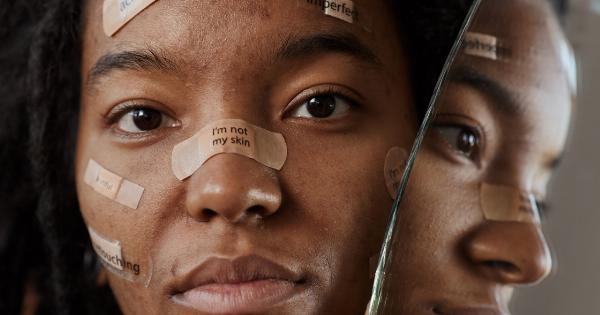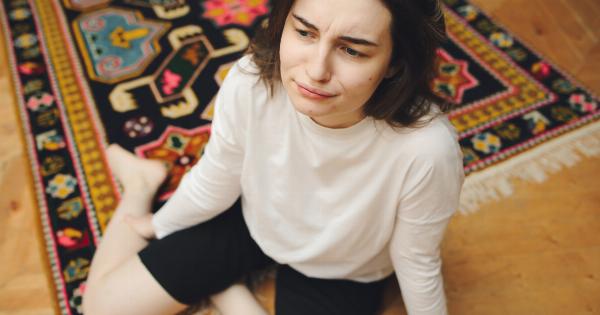Facial pimples, also known as acne, are a common issue that many people face at some point in their life. Pimples can be caused by a variety of factors including hormonal changes, stress, diet, and genetics.
Managing facial pimples can be frustrating and time-consuming, but with the right tips and tricks, you can help prevent and manage breakouts.
1. Wash Your Face Regularly
One of the most important tips for managing facial pimples is to wash your face regularly. Washing your face helps to remove dirt, oil, and bacteria from your skin, preventing clogged pores and breakouts.
It’s important to use a gentle cleanser that won’t strip your skin of its natural oils. You should also avoid washing your face too often, as this can lead to dryness and irritation.
2. Don’t Pop Your Pimples
While it can be tempting to pop your pimples, this can actually make the problem worse. Popping pimples can lead to scarring and can cause the bacteria to spread, leading to more breakouts.
If you have a stubborn pimple that won’t go away, it’s best to leave it alone and let it heal on its own.
3. Use a Spot Treatment
A spot treatment can help to reduce the size and redness of pimples. Look for a product that contains benzoyl peroxide or salicylic acid, both of which can help to unclog pores and reduce inflammation.
Apply the spot treatment to the affected area before bed and leave it on overnight.
4. Watch Your Diet
Your diet can have a big impact on your skin. To help prevent breakouts, try to avoid foods that are high in sugar and processed foods. Instead, focus on eating a diet that is rich in fruits, vegetables, and lean proteins.
Drinking plenty of water can also help to keep your skin hydrated and healthy.
5. Reduce Stress
Stress can be a major contributor to acne. When you’re stressed, your body produces more cortisol, a hormone that can lead to increased oil production and inflammation in the skin.
To help reduce stress, try to incorporate relaxation techniques like yoga or meditation into your daily routine.
6. Use Oil-Free Products
Using oil-free products can help to prevent clogged pores and breakouts. Look for products that are labeled as non-comedogenic, meaning they won’t clog your pores. This includes everything from moisturizers to makeup.
7. Change Your Pillowcase
Changing your pillowcase regularly can help to prevent bacteria from building up on the surface of your skin. Aim to change your pillowcase at least once a week, or more often if you’re prone to breakouts.
8. Don’t Touch Your Face
Touching your face can transfer bacteria and oil from your hands to your skin, leading to breakouts. Avoid touching your face throughout the day, especially if your hands aren’t clean.
9. Use a Clay Mask
A clay mask can help to absorb excess oil and unclog pores. Look for a mask that contains ingredients like kaolin or bentonite clay. Apply the mask to your face once or twice a week, leaving it on for 10-15 minutes before rinsing off with warm water.
10. Visit a Dermatologist
If you have persistent facial pimples that won’t go away, it’s a good idea to visit a dermatologist.
A dermatologist can help to identify the underlying cause of your acne and recommend a treatment plan that is tailored to your specific needs.































